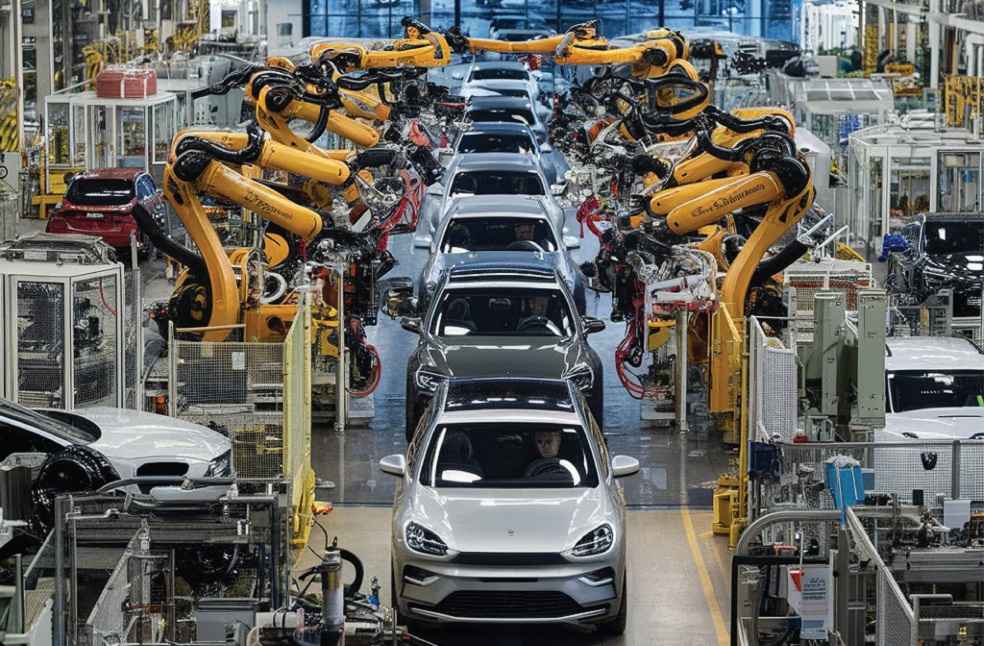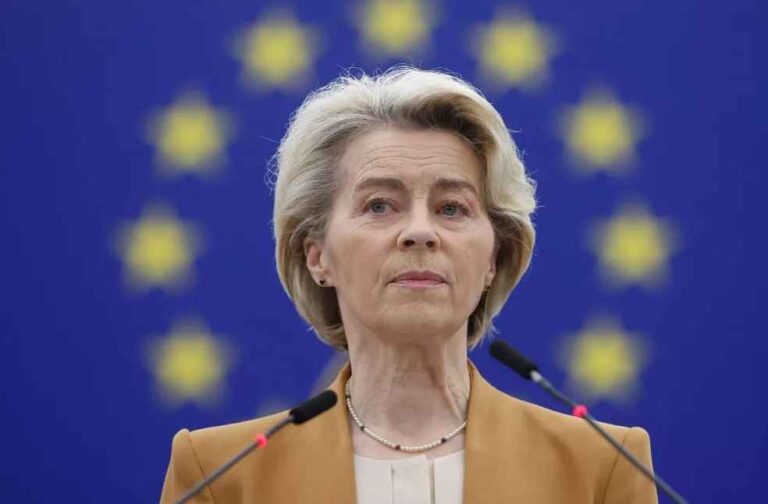Europe’s car industry will present its most pressing demands to European Commission President Ursula von der Leyen in Brussels on Friday, as part of the EU’s ‘Strategic Dialogue on the Future of the Automotive Industry.’ It is the third and final crisis meeting this year, with industry leaders warning that Europe risks being left behind in the global race.
EU industry chief Stéphane Séjourné earlier described the sector as being ‘in mortal danger, citing faltering sales, high energy prices, and intensifying international competition. “There is a risk that the future map of the global car industry will be drawn without Europe,” he warned in April.

The European Automobile Manufacturers’ Association (ACEA), led by director general Sigrid de Vries, has outlined five priorities for the talks.
- The automakers are calling for a recalibration of the CO2 reduction path, arguing that regulatory targets are unrealistic without greater investment in charging infrastructure, grid upgrades, and consistent incentives.
- The industry seeks stronger enabling conditions, including fairer taxation, lower charging costs, and easier city access for zero-emission vehicles, alongside accelerated investment in charging and refuelling networks, particularly for heavy-duty transport.
- Manufacturers are pushing for technology neutrality. While battery electric vehicles remain central, plug-in hybrids, hydrogen fuel cells, and renewable-fuel internal combustion engines are viewed as vital to meeting diverse transport needs and sustaining Europe’s export capacity.
- The sector stresses the need to boost competitiveness and resilience by diversifying supply chains for batteries, semiconductors, and critical raw materials. Strategic partnerships, streamlined EU regulation, and targeted support for innovation and skilled jobs are seen as essential to weather global competition.
- The industry urges tailored policies for different vehicle categories, cars, vans, and heavy-duty vehicles, pointing to sluggish adoption rates in the van and freight segments. Industry leaders argue that waiting until 2027 to review heavy-duty CO2 standards is too late, and immediate action is required to put freight on a path toward climate neutrality.

Carmakers are pressing Brussels to align regulatory ambition with industrial reality, warning that without swift adjustments, Europe’s competitiveness, workforce, and role in the global automotive map could be at risk.
GENERAL | GM’s CAMI Assembly Plant to Resume BrightDrop Van Production Soon





